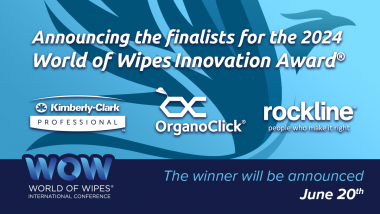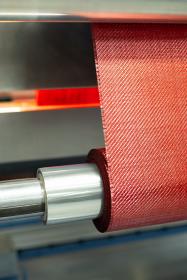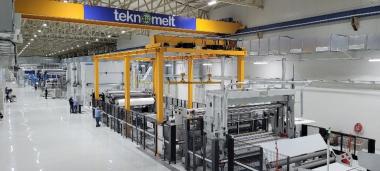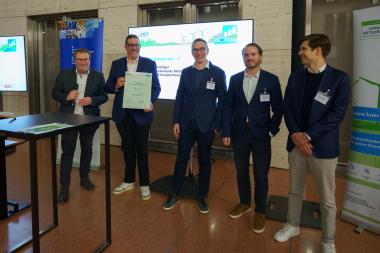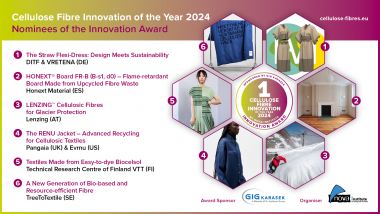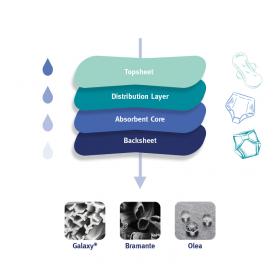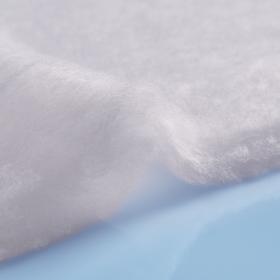World of Wipes Innovation Award® 2024: And the finalists are ….
INDA, the Association of the Nonwoven Fabrics Industry, announced the three finalists for the World of Wipes Innovation Award®. The Award will be presented at the annual World of Wipes® (WOW) International Conference, June 17-20, at the Hyatt Regency Minneapolis in Minneapolis, Minnesota.
The three products vying for this Award are multi-purpose cleaning wipes from Kimberly-Clark Professional, a bio-binder technology from OrganoClick, and facial care wipes from Rockline Industries. The winner will be announced on Thursday morning, June 20th.
The three companies competing for the Award are:
- Scott® Xtreme Multi-Purpose Cleaning Wipes by Kimberly-Clark Professional:
Scott® Xtreme Multi-Purpose Cleaning Wipes are great for tackling extreme cleaning tasks, like removing oil, grease, grime, paint, adhesives, caulk, and more, yet are gentle enough to clean hands. Featuring a patented citrus cleaning solution, the dual-action cleaning fabric incorporates a textured side to increase scrubbing action for cleaning tough soils and a smooth side for wiping surfaces clean. Scott® Xtreme Multi-Purpose Cleaning Wipes are truly a must-have for any DIY job and cleaning on-the-go. - OC-Biobinder® Lily1450 by OrganoClick:
OC-Biobinder® represents a series of bio-based and biodegradable binders intended for the nonwoven and paper industry. They are produced from renewable raw materials and residual streams from the food industry and replace traditional fossil-based plastic binders. OC-Biobinder® is available with many different properties adapted to the production of home compostable nonwoven materials such as premium napkins, table cloths and wet wipes. - Facial Care Wipe with Glycine Amino Acid Complex by Rockline Industries:
Rockline’s development of a facial wipe product containing a unique multifunctional complex of two glycines, a phospholipid compound and a blend of glycols allows for a multitude of skincare benefits as well as providing a self-preserving system for cellulosic nonwovens. Believed to be the first application of glycines in a wet wipe formulation, the product offers improved skin smoothness, elasticity, and hydration alongside an anti-aging claim.
INDA’s Technical Advisory Board selected the finalists based on the creativity, uniqueness, and technical sophistication employed in finding novel ways to expand the utilization of nonwovens. Categories considered for the award were wipes-related raw materials, roll goods, converting, packaging, active ingredients, binders, additives, and end-use products.
The 2023 World of Wipes Innovation Award winner was Indorama Ventures and Polymateria for their Nonwoven Wipe Using Biotransformation Technology. This innovative spunlace wipe utilized advanced biotransformation technology developed jointly by Indorama Ventures and Polymateria. Meeting the BSI PAS 9017 specification, this wipe in the event it becomes fugitive, and exposed to heat, sunlight, air and moisture will transform into a harmless, bioavailable wax at its end-of-life, eliminating microplastic pollution. Compatible with mechanical recycling and combatting 'fugitive' waste, this wipe represents a significant leap towards eco-friendly, sustainable nonwoven hygiene products.
World of Wipes Innovation Award®
World of Wipes Innovation Award® 2024


